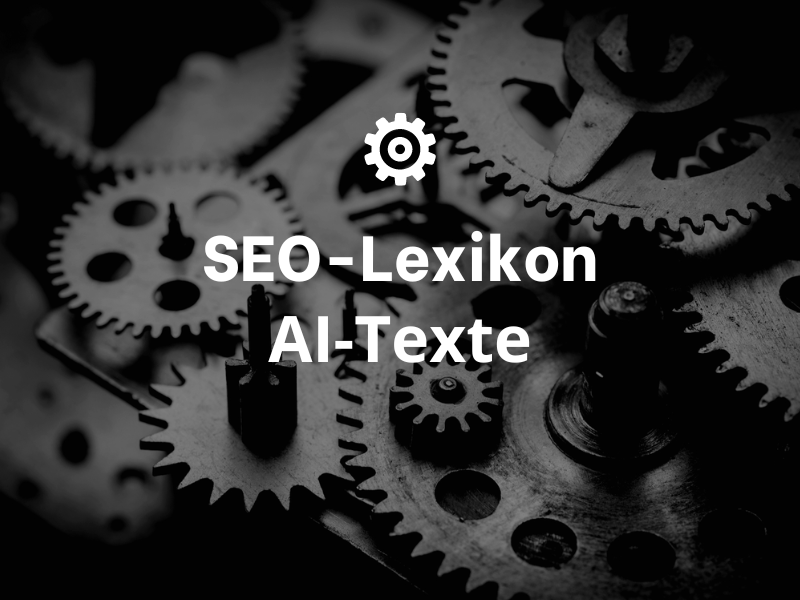
Definition:
AI Texts, also referred to as artificial intelligence (AI) texts, are texts created using artificial intelligence. They are based on computer-generated algorithms that assist the author in creating texts.
Advantages:
AI Texts have the advantage that they can be created more efficiently and faster than conventional texts. They can also process more complex information in less time, which makes them advantageous for many use cases.
Disadvantages:
A major drawback of AI texts is that they do not reflect real creativity and are sometimes flawed. Since they are based on computer-generated algorithms, they can be easily manipulated by hackers.
Use cases:
AI Texts are widely used for creating content on websites, blogs, in newsletters, and for automating text in emails and chatbots.
Examples:
An example of AI Texts is the "Tone Generator" used by the New York Times. This generator allows the author to control the tone of the text by setting various parameters such as mood, intonation and emotion. Another example is the "GPT-3 Generator" from OpenAI. This generator uses machine learning to automatically create texts that are based on existing texts.
Conclusion:
AI Texts have the advantage that they can be created more efficiently and faster than conventional texts. They can also process more complex information in less time. However, it is important to make sure that AI Texts not be used to feign authenticity or creativity.
« Back to Glossary Index
